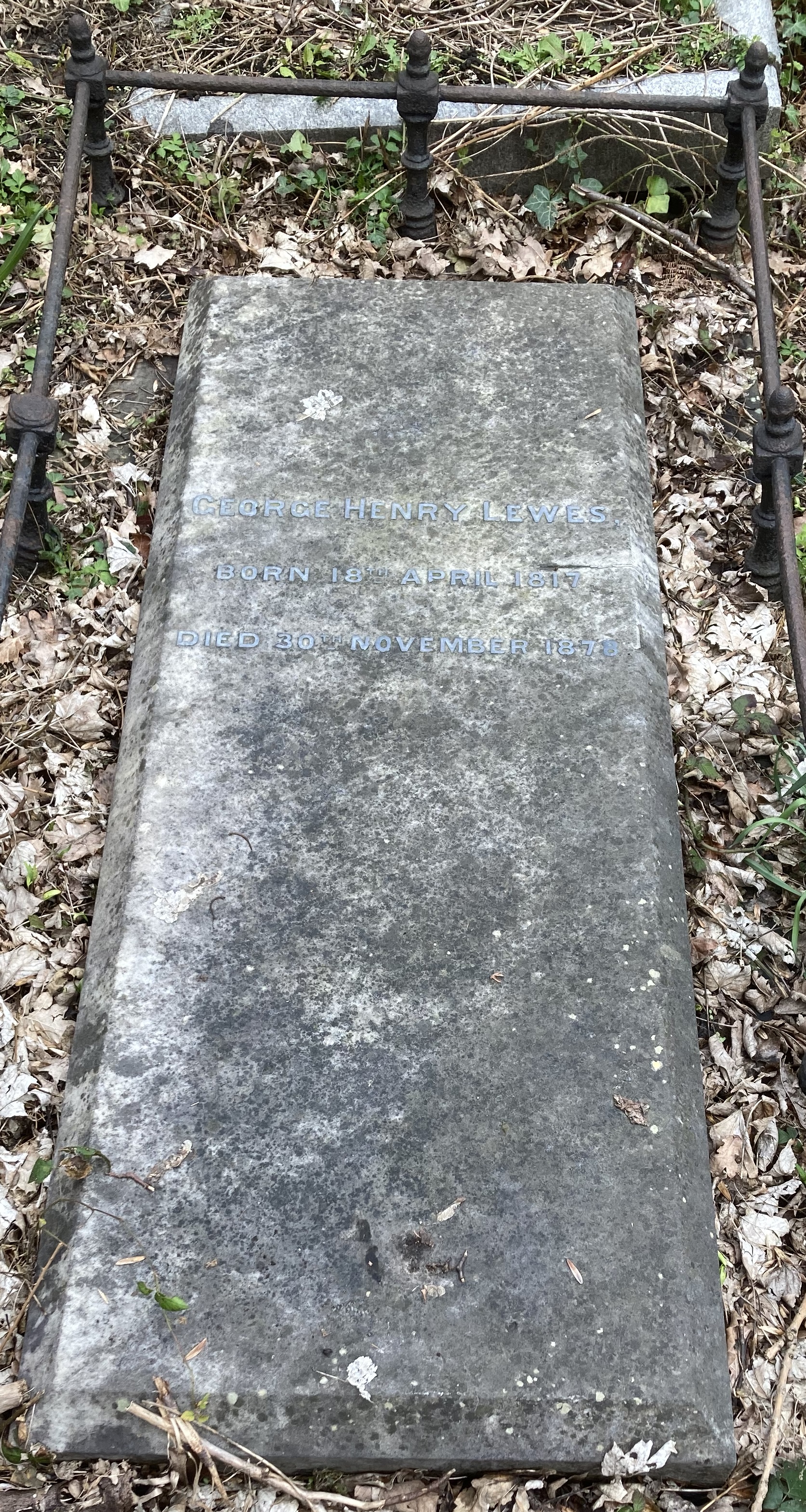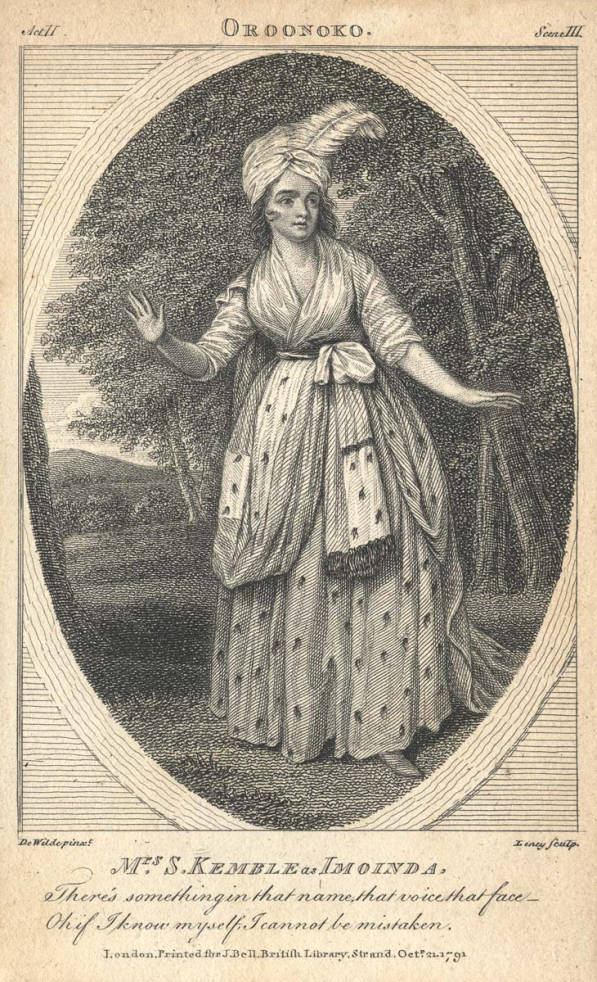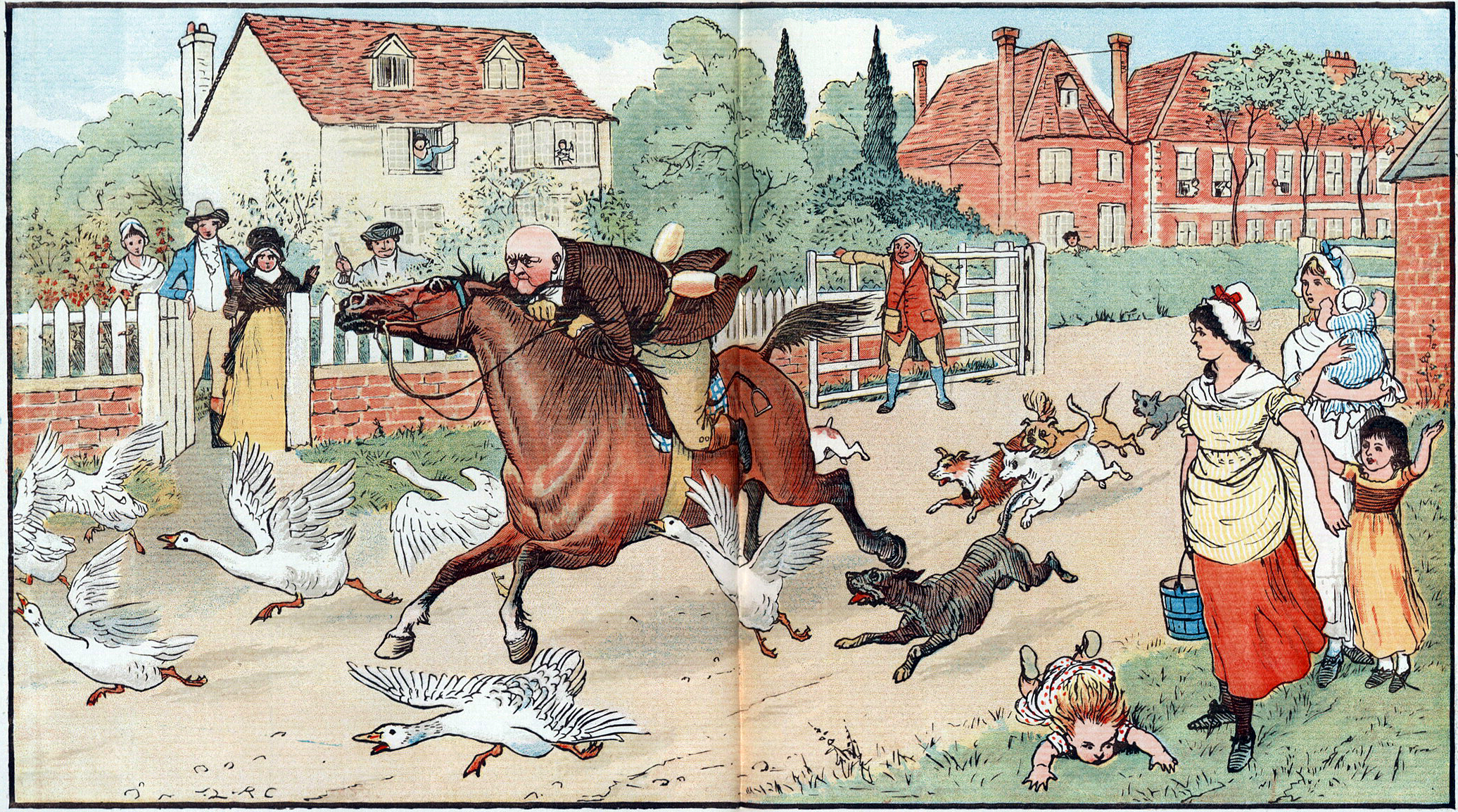|
Charles Lee Lewes
Charles Lee Lewes (1740 – 13 July 1803) was an English actor. Biography He was born the son of a hosier in London. After attending a school at Ambleside he returned to London, where he found employment as a postman. In about 1760 he went on the stage in the provinces, and some three years later began to appear in minor parts at Covent Garden Theatre. His first role of importance was that of Young Marlow in ''She Stoops to Conquer'', at its production of that comedy in 1773, when he delivered an epilogue specially written for him by Goldsmith. He remained a member of the Covent Garden company until 1783, appearing in many parts, among which were Fag in ''The Rivals'', which he created, and Sir Anthony Absolute in the same comedy. In 1783 he removed to Drury Lane, where he assumed the Shakespearian rôles of Touchstone, Lucio, and Falstaff. In 1787 he left London for Edinburgh, where he gave recitations, including Cowper's "John Gilpin". For a short time in 1792 Lewes assisted ... [...More Info...] [...Related Items...] OR: [Wikipedia] [Google] [Baidu] |
Hosier
Hosiery, also referred to as legwear, describes garments worn directly on the feet and legs. The term originated as the collective term for products of which a maker or seller is termed a hosier; and those products are also known generically as hose. The term is also used for all types of knitted fabric, and its thickness and weight is defined by denier or opacity. Lower denier measurements of 5 to 15 describe a hose which may be sheer in appearance, whereas styles of 40 and above are dense, with little to no light able to come through on 100 denier items. Etymology The word hosiery is a morphological derivation of the Anglo Saxon word ''hosa'', which meant a woven garment for the lower body and legs. Overview The first references to hosiery can be found in works of Hesiod, where Romans are said to have used leather or cloth in forms of strips to cover their lower body parts. Even the Egyptians are speculated to have used hosiery, as socks have been found in certain tombs. ... [...More Info...] [...Related Items...] OR: [Wikipedia] [Google] [Baidu] |
William Cowper
William Cowper ( ; 26 November 1731 – 25 April 1800) was an English poet and Anglican hymnwriter. One of the most popular poets of his time, Cowper changed the direction of 18th-century nature poetry by writing of everyday life and scenes of the English countryside. In many ways, he was one of the forerunners of Romantic poetry. Samuel Taylor Coleridge called him "the best modern poet", whilst William Wordsworth particularly admired his poem ''Yardley-Oak''. After being institutionalised for insanity, Cowper found refuge in a fervent evangelical Christianity. He continued to suffer doubt and, after a dream in 1773, believed that he was doomed to eternal damnation. He recovered and wrote more religious hymns. His religious sentiment and association with John Newton (who wrote the hymn "Amazing Grace") led to much of the poetry for which he is best remembered, and to the series of Olney Hymns. His poem "Light Shining out of Darkness" gave English the phrase: "God moves ... [...More Info...] [...Related Items...] OR: [Wikipedia] [Google] [Baidu] |
18th-century English Male Actors
The 18th century lasted from January 1, 1701 ( MDCCI) to December 31, 1800 ( MDCCC). During the 18th century, elements of Enlightenment thinking culminated in the American, French, and Haitian Revolutions. During the century, slave trading and human trafficking expanded across the shores of the Atlantic, while declining in Russia, China, and Korea. Revolutions began to challenge the legitimacy of monarchical and aristocratic power structures, including the structures and beliefs that supported slavery. The Industrial Revolution began during mid-century, leading to radical changes in human society and the environment. Western historians have occasionally defined the 18th century otherwise for the purposes of their work. For example, the "short" 18th century may be defined as 1715–1789, denoting the period of time between the death of Louis XIV of France and the start of the French Revolution, with an emphasis on directly interconnected events. To historians who expand the ... [...More Info...] [...Related Items...] OR: [Wikipedia] [Google] [Baidu] |
English Male Stage Actors
English usually refers to: * English language * English people English may also refer to: Peoples, culture, and language * ''English'', an adjective for something of, from, or related to England ** English national identity, an identity and common culture ** English language in England, a variant of the English language spoken in England * English languages (other) * English studies, the study of English language and literature * ''English'', an Amish term for non-Amish, regardless of ethnicity Individuals * English (surname), a list of notable people with the surname ''English'' * People with the given name ** English McConnell (1882–1928), Irish footballer ** English Fisher (1928–2011), American boxing coach ** English Gardner (b. 1992), American track and field sprinter Places United States * English, Indiana, a town * English, Kentucky, an unincorporated community * English, Brazoria County, Texas, an unincorporated community * En ... [...More Info...] [...Related Items...] OR: [Wikipedia] [Google] [Baidu] |
George Henry Lewes
George Henry Lewes (; 18 April 1817 – 30 November 1878) was an English philosopher and critic of literature and theatre. He was also an amateur physiologist. American feminist Margaret Fuller called Lewes a "witty, French, flippant sort of man". He became part of the mid- Victorian ferment of ideas which encouraged discussion of Darwinism, positivism, and religious skepticism. However, he is perhaps best known today for having openly lived with Mary Ann Evans, who wrote under the pen name George Eliot, as soulmates whose lives and writings were enriched by their relationship, though they never married each other. Biography Lewes, born in London, was the illegitimate son of the minor poet John Lee Lewes and Elizabeth Ashweek, and the grandson of comic actor Charles Lee Lewes. His mother married a retired sea captain when he was six. Frequent changes of home meant he was educated in London, Jersey, Brittany, and finally at Dr Charles Burney's school in Greenwich. Having abandon ... [...More Info...] [...Related Items...] OR: [Wikipedia] [Google] [Baidu] |
Memoir
A memoir (; , ) is any nonfiction narrative writing based in the author's personal memories. The assertions made in the work are thus understood to be factual. While memoir has historically been defined as a subcategory of biography or autobiography since the late 20th century, the genre is differentiated in form, presenting a narrowed focus. A biography or autobiography tells the story "of a life", while a memoir often tells the story of a particular event or time, such as touchstone moments and turning points from the author's life. The author of a memoir may be referred to as a memoirist or a memorialist. Early memoirs Memoirs have been written since the ancient times, as shown by Julius Caesar's ''Commentarii de Bello Gallico'', also known as ''Commentaries on the Gallic Wars''. In the work, Caesar describes the battles that took place during the nine years that he spent fighting local armies in the Gallic Wars. His second memoir, ''Commentarii de Bello Civili'' (or ''Com ... [...More Info...] [...Related Items...] OR: [Wikipedia] [Google] [Baidu] |
Dublin
Dublin (; , or ) is the capital and largest city of Republic of Ireland, Ireland. On a bay at the mouth of the River Liffey, it is in the Provinces of Ireland, province of Leinster, bordered on the south by the Dublin Mountains, a part of the Wicklow Mountains range. At the 2016 census of Ireland, 2016 census it had a population of 1,173,179, while the preliminary results of the 2022 census of Ireland, 2022 census recorded that County Dublin as a whole had a population of 1,450,701, and that the population of the Greater Dublin Area was over 2 million, or roughly 40% of the Republic of Ireland's total population. A settlement was established in the area by the Gaels during or before the 7th century, followed by the Vikings. As the Kings of Dublin, Kingdom of Dublin grew, it became Ireland's principal settlement by the 12th century Anglo-Norman invasion of Ireland. The city expanded rapidly from the 17th century and was briefly the second largest in the British Empire and sixt ... [...More Info...] [...Related Items...] OR: [Wikipedia] [Google] [Baidu] |
Dundee Repertory Theatre
Dundee Repertory Theatre, better known simply as the Dundee Rep, is a theatre and arts company in the city of Dundee, Scotland. It operates as both a producing house - staging at least six of its own productions each year, and a receiving house - hosting work from visiting companies throughout Scotland and the United Kingdom including drama, musicals, contemporary & classical dance, children's theatre, comedy, jazz and opera. It is home to the Dundee Rep Ensemble, Scotland's only full-time company of actors, as well as Scotland's principal contemporary dance company, Scottish Dance Theatre. ‘’'The Rep'’’ building is located in Tay Square at the centre of the city’s ''"cultural quarter"'' in the West End. Recognised to be among the top regional theatres in the UK, it plays to an average audience of over 70,000 people a year attracting a very broad cross-section of the local population in terms of age and occupation. History Foundation Dundee has had a number of ... [...More Info...] [...Related Items...] OR: [Wikipedia] [Google] [Baidu] |
Stephen Kemble
George Stephen Kemble (21 April 1758 – 5 June 1822) was a successful English theatre manager, actor, and writer, and a member of the famous Kemble family. He was described as "the best Sir John Falstaff which the British stage ever saw" though he also played title roles in Hamlet and King Lear among others. He published plays, poetry and non-fiction. Kemble wed prominent actress Elizabeth Satchell (1783). His niece was the actress and abolitionist Fanny Kemble. Early life and family He was born in Kington, Herefordshire, one of 13 siblings and the second son of Roger Kemble and Sarah "Sally" Ward. His siblings included Charles Kemble, John Philip Kemble and Sarah Siddons. He and his brothers were raised in their father's Catholic faith; his sisters were raised in their mother's Protestant faith. His daughter Frances Kemble was a music composer who was a favourite of Sir Walter Scott. She married Capt. Robert Arkwright., son of Richard Arkwright Jr. Kemble's son Henry was ... [...More Info...] [...Related Items...] OR: [Wikipedia] [Google] [Baidu] |
John Gilpin
John Gilpin (18th century) was featured as the subject in a well-known comic ballad of 1782 by William Cowper, entitled '' The Diverting History of John Gilpin''. Cowper had heard the story from his friend Lady Austen. Gilpin was said to be a wealthy draper from Cheapside in London, who owned land at Olney, Buckinghamshire, near where Cowper lived. It is likely that he was a Mr Beyer, a linen draper of the Cheapside corner of Paternoster Row. The poem tells how Gilpin and his wife and children became separated during a journey to the Bell Inn, Edmonton, after Gilpin loses control of his horse, and is carried ten miles farther to the town of Ware. A number of sites commemorate the exploits of John Gilpin, most notably Gilpin's Gallop, a street in the village of Stanstead St Margarets. This was said to have been on the original route taken by the horse and his unfortunate rider. ''John Gilpin's Ghost'' was a ballad (1795) by John Thelwall. The '' John Gilpin'' clipper of 1 ... [...More Info...] [...Related Items...] OR: [Wikipedia] [Google] [Baidu] |
Edinburgh
Edinburgh ( ; gd, Dùn Èideann ) is the capital city of Scotland and one of its 32 Council areas of Scotland, council areas. Historically part of the county of Midlothian (interchangeably Edinburghshire before 1921), it is located in Lothian on the southern shore of the Firth of Forth. Edinburgh is Scotland's List of towns and cities in Scotland by population, second-most populous city, after Glasgow, and the List of cities in the United Kingdom, seventh-most populous city in the United Kingdom. Recognised as the capital of Scotland since at least the 15th century, Edinburgh is the seat of the Scottish Government, the Scottish Parliament and the Courts of Scotland, highest courts in Scotland. The city's Holyrood Palace, Palace of Holyroodhouse is the official residence of the Monarchy of the United Kingdom, British monarchy in Scotland. The city has long been a centre of education, particularly in the fields of medicine, Scots law, Scottish law, literature, philosophy, the sc ... [...More Info...] [...Related Items...] OR: [Wikipedia] [Google] [Baidu] |
Ambleside
Ambleside is a town and former civil parish, now in the parish of Lakes, Cumbria, Lakes, in Cumbria, in North West England. Historic counties of England, Historically in Westmorland, it marks the head (and sits on the east side of the northern headwater) of Windermere, England's largest natural lake. In the Lake District National Park, it is south of the highest road pass in the Lake District, Kirkstone Pass and both places are the meeting point of well-marked paths and mountain hiking trails. In 2020 it had an estimated population of 2596. In 1961 the parish had a population of 2562. Economy Local government services Ambleside is co-administered by South Lakeland District Council and in minor matters forms part of the Lakes, Cumbria, Lakes Civil parishes in England, civil parish. The other main co-administration is Cumbria County Council. Ambleside was formerly a Township (England), township, in 1866 Ambleside became a civil parish in its own right until it was abolished on 1 ... [...More Info...] [...Related Items...] OR: [Wikipedia] [Google] [Baidu] |








.jpg)